
Snapshot
- Motoring trade industry facing shortage of over 30,000 people
- Currently around 10,000 apprentices in training
- Skilled migrants provide a short-term solution
UPDATE, July 29: MTAA says don’t let other issues derail summit
Auto industry figures are calling on Prime Minister Anthony Albanese to ensure his September Jobs Summit will not be distracted or diluted by other issues, as the sector faces an epic skills shortage.
Motor Trades Association of Australia (MTAA) CEO, Richard Dudley, said any distractions at the upcoming event will not help alleviate the nation’s crippling shortage of skilled workers, and reports of it being sidelined by unions pushing for work from home guarantees is of grave concern.
“The new Government won some well-deserved kudos by acknowledging the current skills shortage and promising to bring together stakeholders to address the challenges,” Dudley said.
“However, reports that the Australian Council of Trade Unions (ACTU) will use the Summit to lobby for counter-productive outcomes have already damaged optimism and support from business.
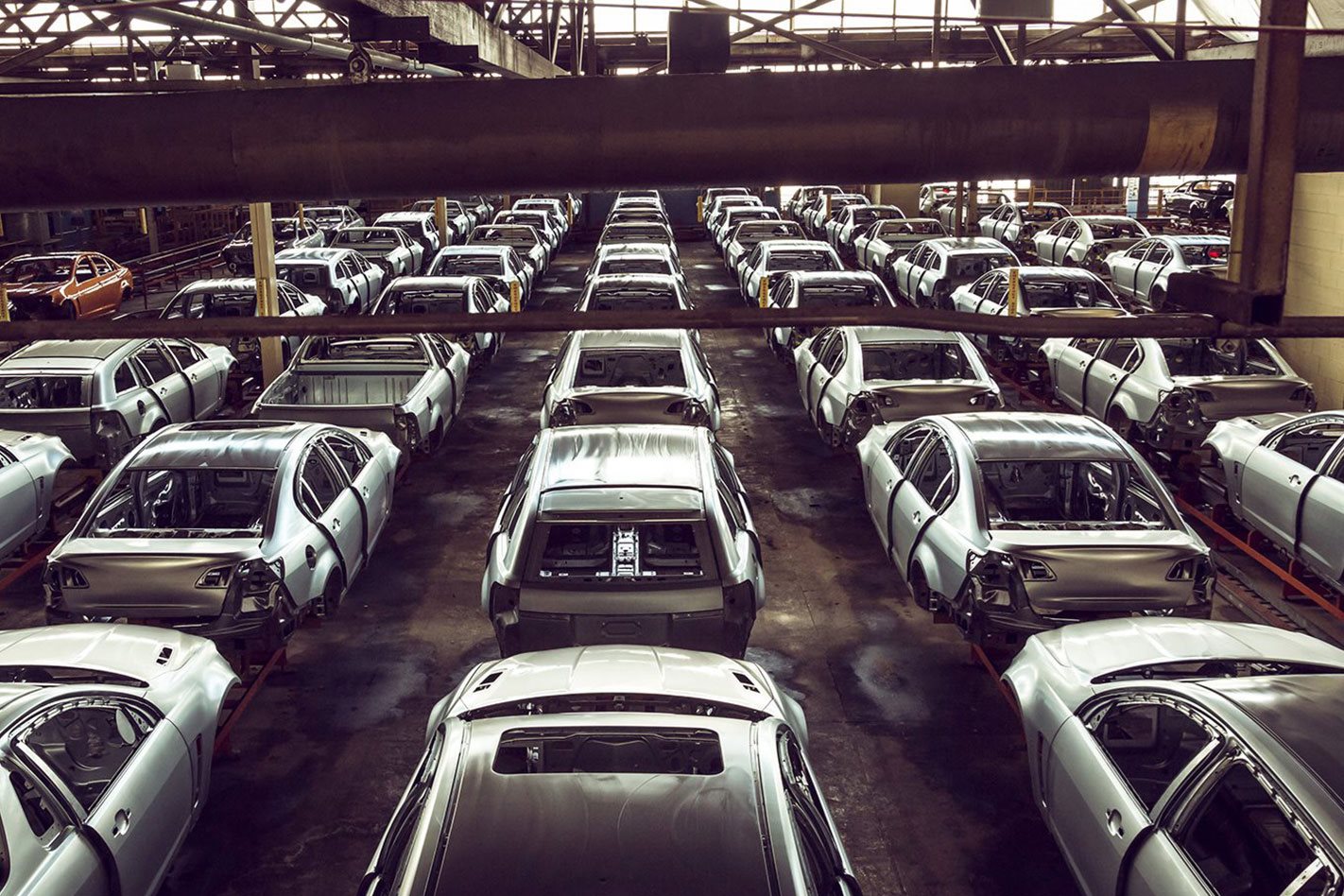
“Like many sectors, Australia’s motor trades have long suffered from a lack of available skilled workers, which has been exacerbated by the pandemic and other inflationary pressures.
“We understand other stakeholders have issues on their agendas too, but Prime Minister Albanese must publicly rein in the ACTU and ensure the Summit proceeds with the single focus of finding immediate solutions to the issue it was created to resolve.”
In recent days the The Sydney Morning Herald and The Age reported that unions were negotiating working from home rights on behalf of tens of thousands of workers, led by ACTU Secretary Sally McManus.
McManus says employees should be able to work from home even after the latest COVID-19 wave has subsided, to boost productivity and reduce stress and living expenses, such as petrol.
“For some jobs, there’s just no reason why everyone has to be together. Where it can be done, why shouldn’t it be?” McManus told ABC radio.
“There’s going to be change, and it’s mainly driven by workers.”
The story to here
June 7: Industry needs 30,000 more skilled workers
The automotive trade industry is facing a massive shortage of skilled professionals to the tune of more than 30,000 people.
Across the sector, automotive businesses are feeling the hit of the skills shortage, with those in the mechanical and collision repair business feeling the brunt of it, according to industry leaders.
At the Australian Automotive Dealer Association’s Convention and Expo, a number of key figures from the local industry spoke about the shortage and how to fix a problem which continues to grow.
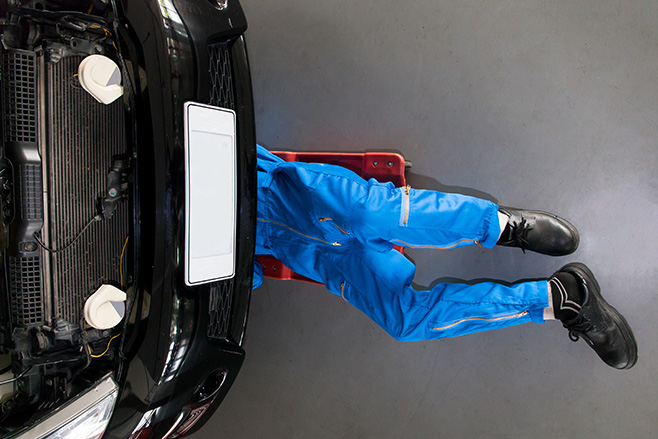
Australian Automotive Aftermarket Association executive director Stuart Charity believes the problems started well before the global pandemic, but the past two years have done little to improve the situation.
“We are facing a skills crisis of unprecedented proportions,” said Charity.
“It’s not just dealerships; it’s the aftermarket industry, it’s the collision repair industry too. In fact, there are estimates the shortage is something like about 25- to 30,000 technicians. There’s a whole range of reasons for that.
“We went into the COVID-19 years already with skills shortages and then border closures, so we couldn’t get skilled migration. Economic uncertainty meant that businesses weren’t bringing apprentices through in the same sort of numbers and we’ve also had other sectors, like mining, poaching our qualified technicians.
“So we’ve got a kind of perfect storm of issues and there’s no short term solutions.
“We are seeing businesses forced to poach technicians from other businesses because there’s just no one else coming through. That puts upward pressure on wages and I think that’s only going to exacerbate.
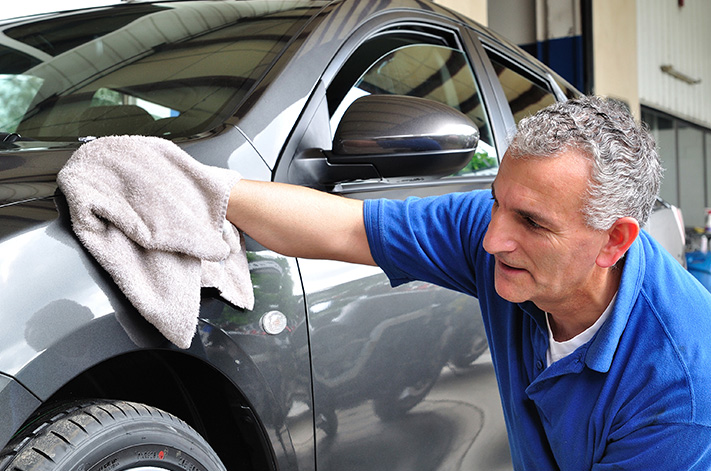
“The challenge we have as an industry, whether you’re in the aftermarket dealership or whatever else, is that competition for talent is going to drive up wages.
“I don’t think it’s a bad thing that we start paying our technicians more because we are competing against other industries, but I think we need to look at how we pay them substantially more so we become an industry of choice.
“The only short term solution is to get some skilled migrants in and we need to fix the system. We’ve got a situation where it takes between six and 12 months, or even longer, to get someone in it – which could cost up to $25,000 per employee.
“The system is so complex that it’s almost impossible to navigate yourself. So you’ve got to use an immigration lawyer. There’s got to be a better way to do this.”

Richard Dudley is the CEO of the Motor Trades Association of Australia, arguably the worst-hit sector which is affected more than any other by the shortage.
While skilled migrants are one solution for the MTAA to get its members back on track, Dudley says using lessons from overseas’ counterparts can help provide a long-term solution.
“Quite simply we are in a historic time,” said Dudley.
“We’re currently short 33,000 skilled professionals across the automotive trades – the vast majority of those are in the mechanical and collision repair sectors.
“Isn’t it quite strange that on the priority skills migration list, you can have a CEO right up there, but we can’t have a panel beater or a spray painter?
“These are the anomalies that we’re hoping to fix with the new Labor Government. Across Victoria, WA, South Australia, New South Wales and Queensland, we currently have 10,000 apprentices in training as we speak, but that’s still not enough.
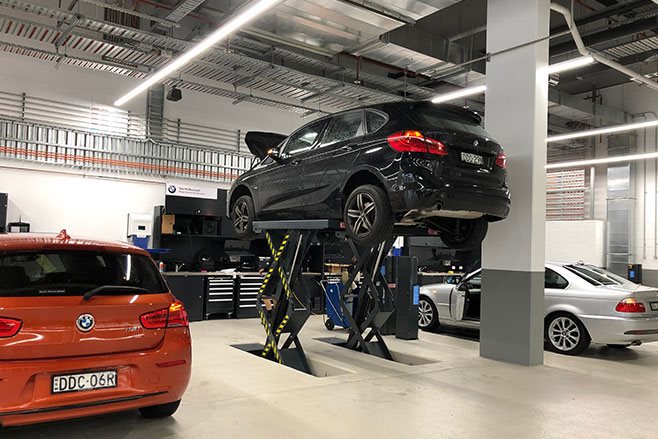
“Skilled migration is part of the solution, but so is learning lessons from overseas. We have been liaising with kindred organisations in Norway, Sweden, Germany and France, over the last 12 months.
“The lessons that have been learned in those European countries as they’ve transitioned the fleet – how they’re looking at utilising the legacy mechanics etc – show that we need to continue to operate the legacy through fleet in this country, but also the emerging opportunities and the problems that we’re going to have to face in terms of the professions of tomorrow and the technicians that we need.
“So in terms of statistics, there are no short term answers to the problems that we are facing here today, but also in the transitioning of the fleet from internal combustion engine vehicles, eventually to electric vehicles, there is a whole world of opportunity, but also pain that has to be carefully managed.”
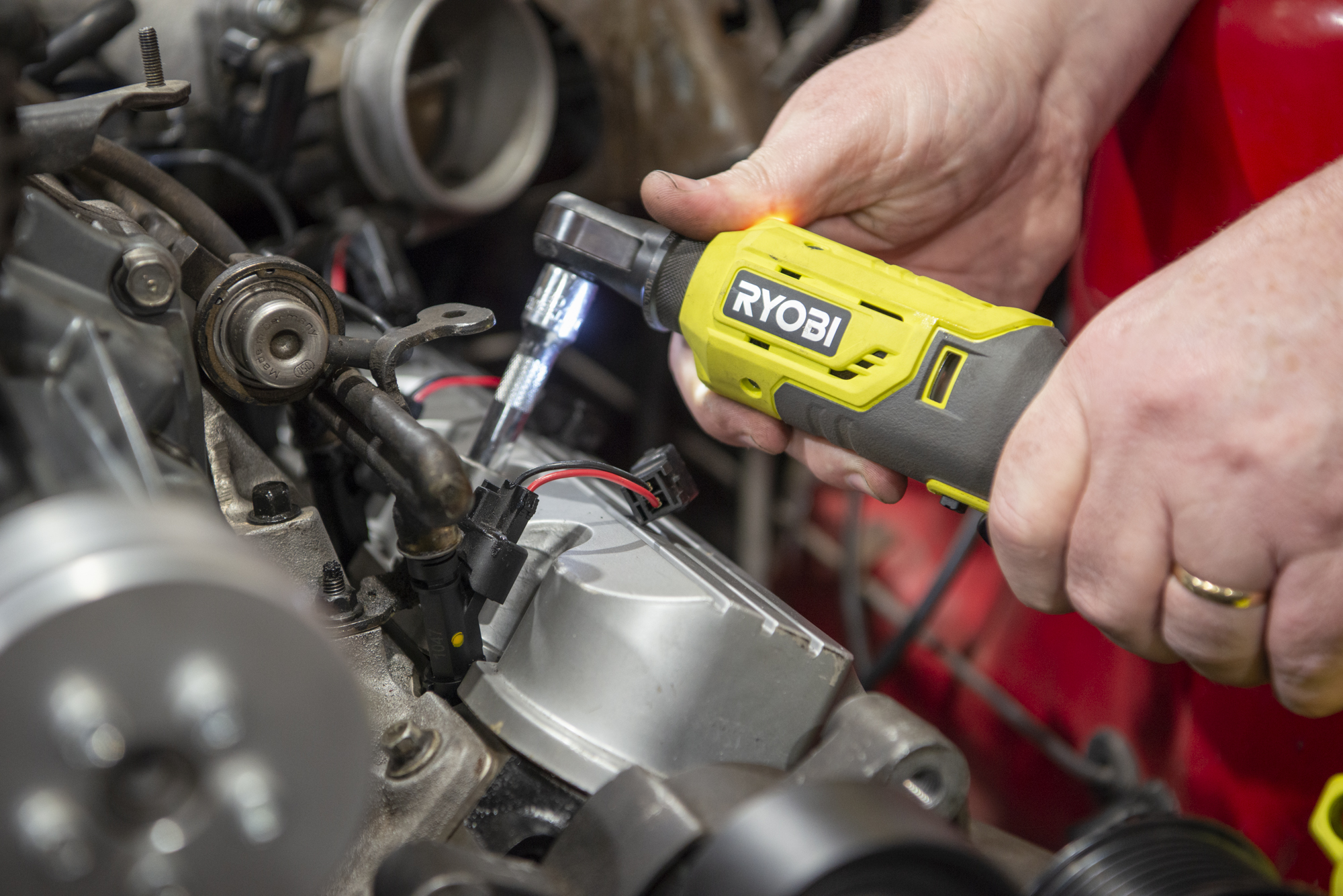
The new Labor Government is also interested in implementing Labour Market Testing (LMT), where a position will be tested and advertised locally to try and find a suitable local worker before an employer takes on an overseas worker.
Rod Camm from MTA Queensland, a subsidiary of the MTAA, is worried LMT will result in further delays to filling a position, instead wanting reforms for the apprentice program.
“The gut part of the Government’s election policy commitments is creating a different skills commission,” said Camm.
“That’s fine, they’re in the process of doing that, but Brendan O’Connor [Minister for Skills and Training] is a big fan of LMT.“I think Richard will have success in getting some qualifications added to the skills list, but they’ll then put us through LMT to try and prove that there’s shortages.
“Now we run lots of pre-employment programs at the [MTA] Institute and let me tell you, there’s real evidence that the labor market’s tight, but notwithstanding that there’s still people there. Yes, they’re second and third generation unemployed and that presents a challenge.
“One of our problems is like a few other industries, we’re a one trick pony. The vast majority of apprentices finish inside three and a half years. They are finishing earlier, but a lot of school kids when they’re told ‘you’ve got to wait four years’, think ‘oh, I might just do engineering, it’s the same’.
“In addition to apprenticeships – because it’s a fantastic model, you set yourself up for a lifetime of employment – we have to find other models. There are other models we’re working on with the Queensland Government now around how to fast track skills development so we can parachute people into businesses with genuine productivity.”
We recommend
-
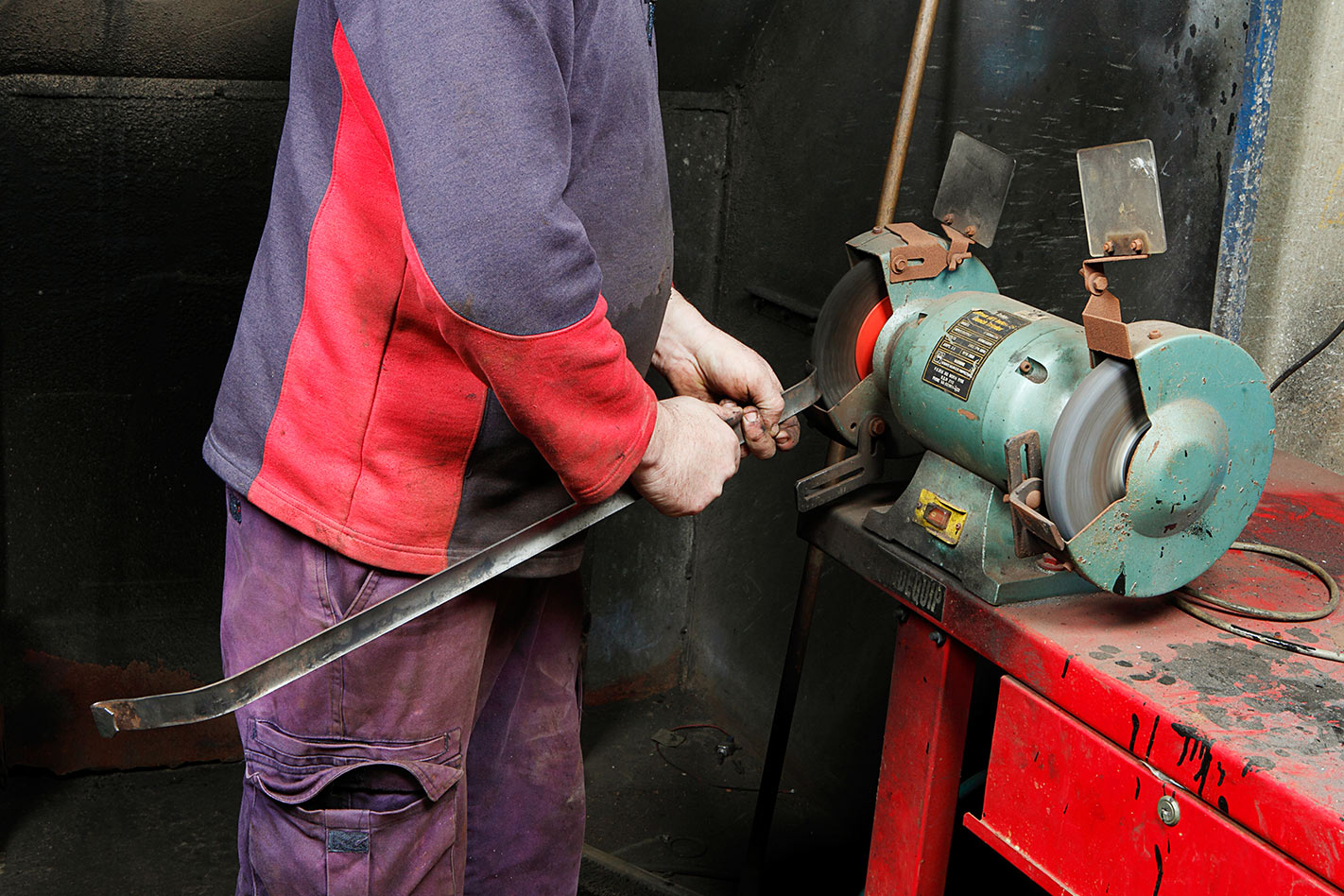 News
NewsEXCLUSIVE: 'New car prices could rise' when service and repair law kicks in this July
The industry is divided about whether the upcoming legal change is a good thing for car owners or not
-
 News
NewsCar companies lobbying overseas headquarters for EVs following Labor election victory
But industry voices are still pushing for the new government to regulate an emissions standard
-
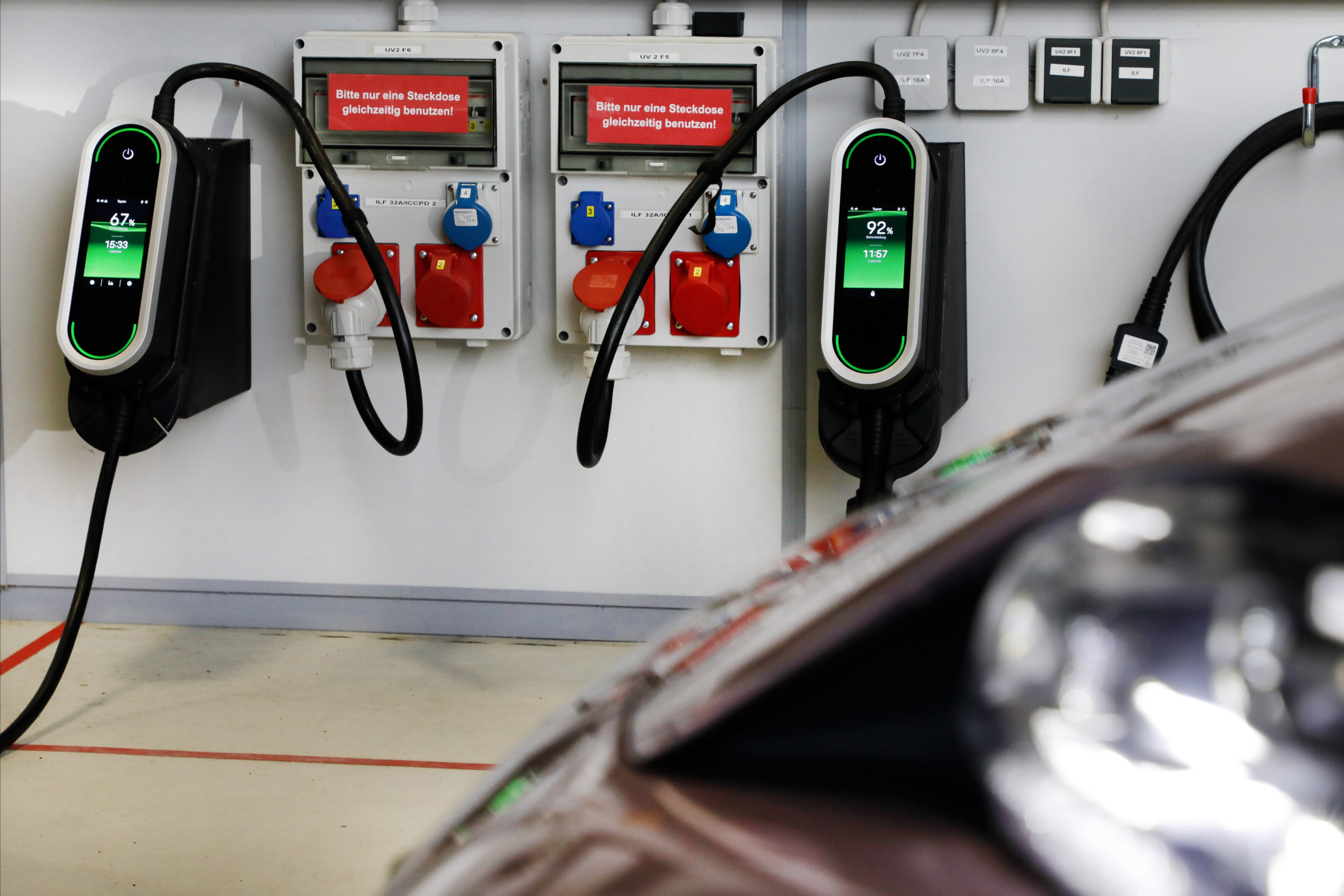 News
NewsCar dealerships of the future could sell home solar and battery packs
Solutions to go off the grid are being touted as the next accessories to be sold by automotive dealers



